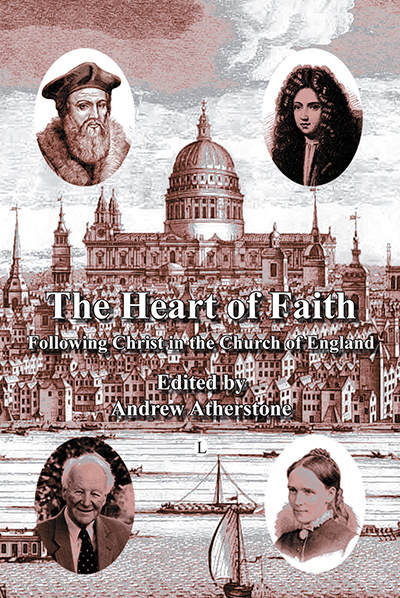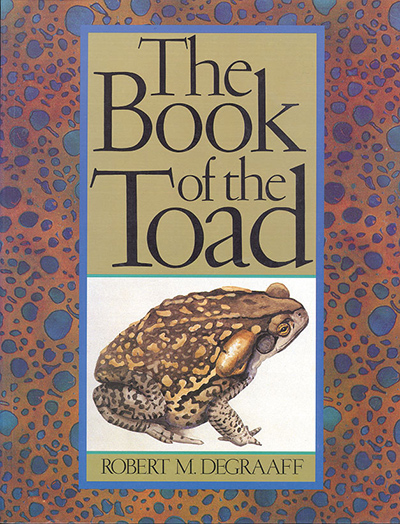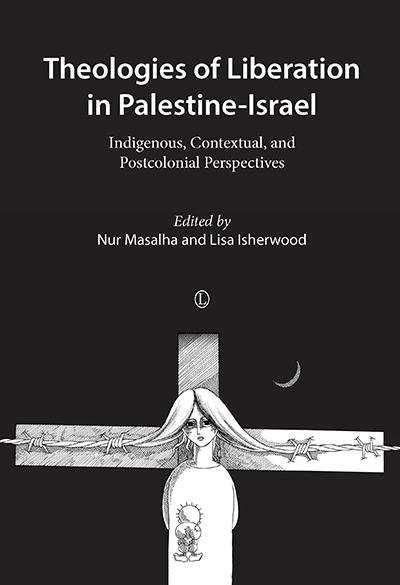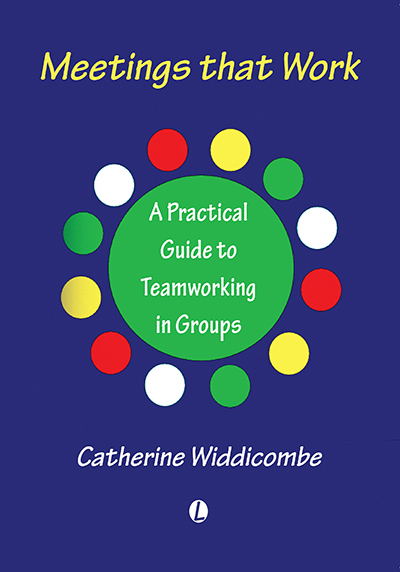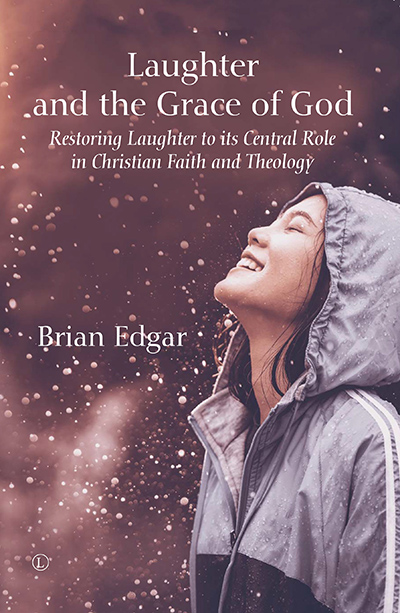Description
The worldwide Anglican movement is a vibrant and flourishing if sometimes troubled, international phenomenon. In recent decades it has experienced exponential growth, especially in parts of Africa and Asia, where dynamic evangelism and church planting are often seen. Yet for their historical roots, Anglicans across the globe continue to look back to one small but long-established province, the Church of England.
The Anglican movement, at its best, has always been about people rather than structures or institutions. So this book introduces sixteen influential men and women from the Church of England, spread over the centuries from the early Middle Ages to the present day. They range from the celibate monk (Bede) to the married mother of eighteen children (Susanna Wesley); the innovative scientist (Robert Boyle) to the captivating poet (Frances Ridley Havergal); the urbane scholar (C.S. Lewis) to the popular preacher (Richard Sibbes and David Watson); the visionary bishop (Thomas Cranmer and J.C. Ryle) to the tenacious politician (William Wilberforce and Lord Shaftesbury).
All sought to be faithful followers of Christ within the Church of England. But what were their theological passions and convictions? How did they understand their Anglican identity? These vignettes are not mini-biographies but fresh and thought-provoking explorations of ‘the heart of faith’.
About the Author
Andrew Atherstone is tutor in History and Doctrine, and Latimer research fellow of Wycliffe Hall, Oxford. Educated at the Universities of Cambridge and Oxford, Atherstone’s research focuses on Anglican and Evangelical history and identity. His previous publications include a book on Charles Golightly and The Martyrs of Mary Tudor, and he is a regular contributor to many academic journals in history and theology.
Contents
Contributors
Acknowledgements
Introduction / Andrew Atherstone
1. Before the Reformation / Gerald Bray
2. Thomas Cranmer, 1489-1556 / Roger Beckwith
3. Richard Hooker, 1554-1600 / Nigel Atkinson
4. Richard Sibbes, 1577-1635 / Mark Dever
5. Robert Boyle, 1627-1691 / John Coffey
6. Susanna Wesley, 1669-1742 / Martin Wellings
7. William Wilberforce, 1759-1833 / Mark Smith
8. Charles Simeon, 1759-1836 / Alan Munden
9. Lord Shaftesbury, 1801-1885 / John Wolffe
10. J.C. Ryle, 1816-1900 / David Bebbington
11. Frances Ridley Havergal, 1836-1879 / Andrew Atherstone
12. C.S. Lewis, 1898-1963 / Michael Ward
13. John Stott, born 1921 / David Wells
14. David Watson, 1933-1984 / Graham Cray
Epilogue: The Apostolic Teaching and Anglicanism / Michael Nazir-Ali
Notes
Further Reading
Index of Names
Endorsements and Reviews
… an excellent introduction to the Anglican tradition in its English guise for ‘ordinary’ Christians with no formal theological learning.
Journal of Anglican Studies
This collection of small essays is a timely reminder of the continuities of faith which have been present in the English religions establishment.
Archive for Reformation History
The book will be a useful resource for students approaching English church history for the first time.
The Historical Journal
The main purpose of this excellent book edited by Andrew Atherstone is to show that within the Church of England there has always been a strong thread of classic, orthodox, ‘mere Christianity’, and that this has provided the Church with some of her brightest and best. … It is not a collection of mini-biographies, but looks at ‘the heart of faith’ of each individual on issues as the atonement, scripture, the Spirit, and mission to get a sense of where their hearts lay on these key issues. … Although the book consists of separate chapters by this impressive array of scholars, it has been very well edited and sewn together both in terms of its narrative continuity and its overall message. … This volume could be extremely useful in an attempt to sway those who disagree with classic orthodoxy, over homosexuality or women’s consecration perhaps, but are repulsed by the intolerance it currently faces from liberal extremists.
Lee Gatiss, in The Churchman, Vol 126, No 1
